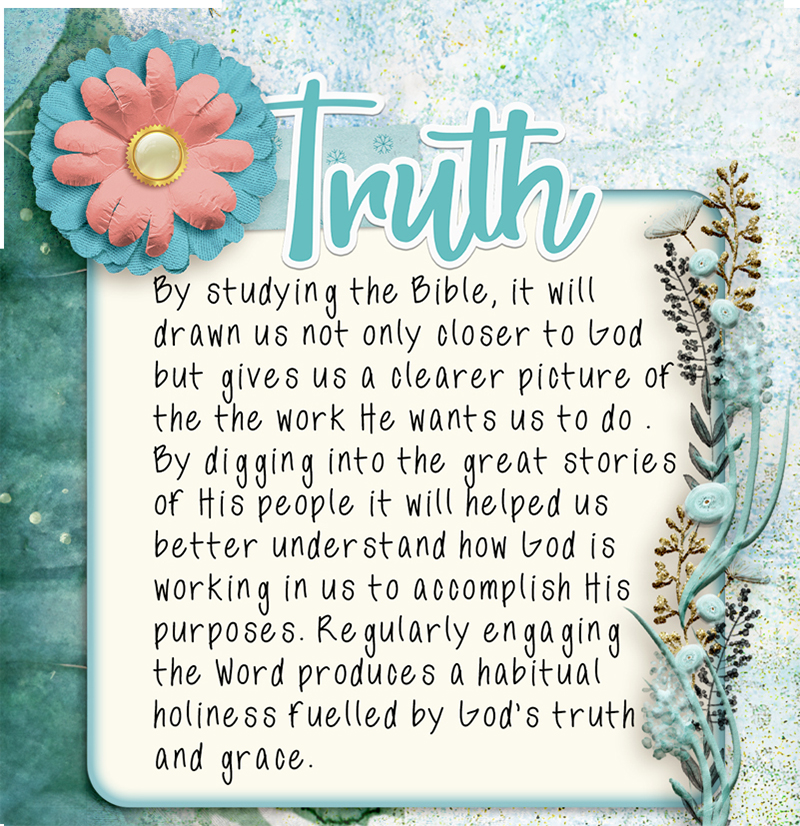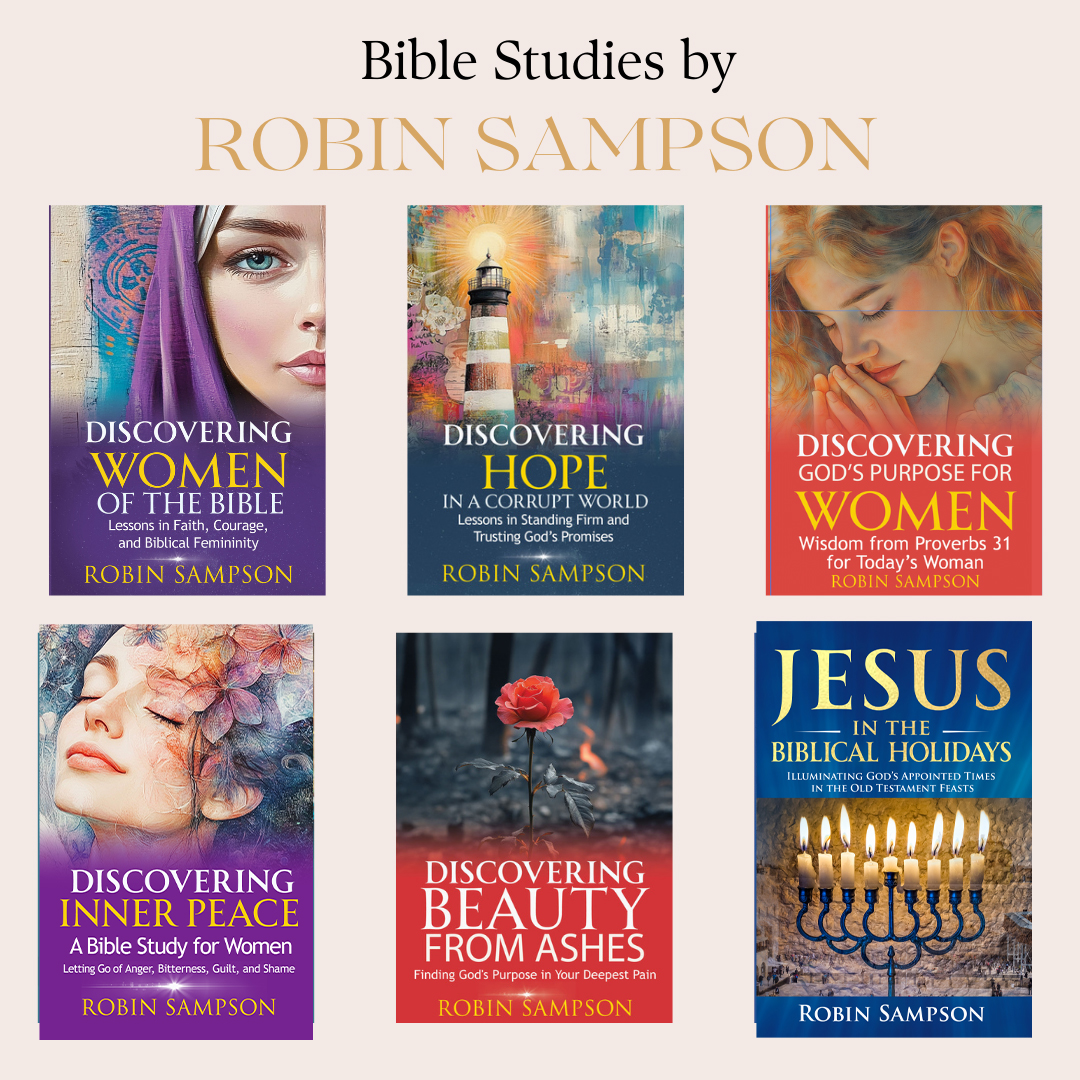
Have you ever known someone who shows the fruit of the Spirit—love, joy, peace—yet knows little about the Bible? It's like God's Word is written in their heart, even if not on their shelf.
Their kindness is steady. Their peace feels unshakable. Their love seems to flow effortlessly. It causes you to pause, especially when you've spent years studying Scripture, seeking truth, and striving to grow… only to find yourself still wrestling with impatience, anger, or fear.
The Holy Spirit doesn't work exclusively through biblical knowledge—He can write His truth directly on hearts. When someone exhibits love, joy, and peace, they're responding to God's Spirit working within them, regardless of their theological education level.
Paul suggests there's a moral law inscribed in human conscience that can guide behavior even without explicit knowledge of Scripture. Romans 2:14-15 speaks directly to this: "When Gentiles, who do not have the law, by nature do things required by the law... they show that the requirements of the law are written on their hearts."
The Assumption We Make
It challenges something many of us have quietly assumed: that more knowledge naturally means more spiritual maturity. But Jesus turned that on its head.
He said, "Abide in me, and I in you. As the branch cannot bear fruit by itself, unless it abides in the vine, neither can you." John 15:4,

Fruit doesn't come from knowing about the vine. It comes from being in the vine. From union. From love.
Love Over Learning
Throughout His ministry, Jesus consistently prioritized love over learning, heart over intellect, spirit over form. When asked about the greatest commandment, He didn't quote a scroll—He said: "Love the Lord your God with all your heart… and love your neighbor as yourself." He didn't say, "Know more laws." He said, "Love more deeply."
This echoes a deeper truth: knowledge alone isn't transformation. Spiritual insight that doesn’t flow from love can still illuminate, but it doesn't heal, guide, or give life. It’s like a lamp in a cold room—it shows you where you are, but doesn’t make you want to stay there.
Jesus, the Light of the world, brings both truth and love. When His light shines in us, it brings warmth to the heart and change to the soul. But when we separate knowledge from love—when we know the words but forget the heart behind them—we risk becoming spiritually informed, but emotionally and relationally distant.
And that’s the hidden danger: the more we know, the more tempted we are to lean on that knowledge alone. To mistake knowing the truth for living in it. But growth doesn’t come from being near the path—it comes from walking it.
The Fireplace Illustration
Imagine two people standing before a beautiful fireplace on a cold winter night.
One person has read every book ever written about fire. They can explain combustion, list the chemical properties of wood, and diagram the flow of heat. But they're standing at a distance—cold, stiff, and shivering.
The other person doesn't know the science behind it at all. They just sit close, hands outstretched, soaking in the warmth. They feel the heat. They're comforted by the light. And it changes them.
Proximity to Love
In the same way, someone may know everything about God—verse, doctrine, history—but remain spiritually cold if they don't draw near in love. Another may know little, yet live close to the "fire" of God's love—radiating warmth, peace, and kindness.
Because it's not knowledge that warms the soul, it's proximity to love. And God is love (1 John 4:8).
So the one who loves—even without a theological degree—truly abides in Him.
Some people walk it quietly. They don't preach, post, or teach, but they love, forgive, bring peace into rooms, and lift burdens with a word or a smile. They may not be Bible scholars, but they reflect the heart of God. And isn't that the point?
The Map and the Journey
Don't misunderstand—the Bible is essential. It's our map, guide, and source of truth about who God is and how He works. Without it, we can easily drift into sentimentality or deception, mistaking feelings for faith. Scripture protects us, corrects us, and points us toward genuine transformation.
But the Word of God was never meant to replace the journey—it was meant to guide it. And the goal of the journey is not mastery—it's union.
The danger isn't knowing too much about God. The danger is stopping there and treating biblical knowledge as the destination rather than the pathway to a deeper relationship.

Knowledge as Love's Servant
So let's pursue knowledge as a servant of love, not as a substitute for it. Let's open Scripture with the prayer: "Let this lead me closer to You." Let's study not just to understand doctrine, but to understand the heart of the One who loves us.
Because it's not what we know that makes us fruitful—it's who we're connected to. And proper biblical knowledge always leads us back to the vine.
The purpose of all spiritual learning is to become a being of love and wisdom, in the image of the Lord. Just as a map shows the way to a destination, the Bible and doctrines show us the way to becoming something new.
The purpose of the Bible, is transformation. "Be transformed by the renewal of your mind," Romans 12 2a. The Bible helps you navigate—but the journey is toward becoming a person of love and wisdom, conformed to the image of God.

The Greek word "metamorphoo" (transformed) is the same used for Jesus' transfiguration—suggesting we're being changed from one state of being to another, revealing our true nature in Christ. The Bible facilitates this metamorphosis by reshaping how we think, perceive, and respond to life.
This understanding transforms how we approach Bible study. Instead of asking "What does this passage mean?" we might ask "How does this passage change me?" or "What kind of person does this text call me to become?" The goal shifts from information acquisition to character formation.
Prayer
Lord, You are the Vine. I don't want to just learn about you—I want to live in you. Let your words draw me into communion, not just comprehension. Strip away pride in what I know, and replace it with the humility of love. Grow in me the fruit that pleases You—fruit that blesses others. Amen.
Books by Robin Sampson
- Discovering Inner Peace: A Bible Study on Letting Go of Anger, Bitterness, Guilt, and Shame. A 22-lesson Bible study exploring how to overcome anxiety, anger, and emotional storms through God's presence and promises.
- Beauty from Ashes: Finding God’s Purpose in Your Deepest Pain
My personal story—an autobiography woven into 22 Bible study lessons—sharing how God brings purpose through pain and redemption through every trial. - Discovering Women of the Bible: Lessons in Faith, Courage, and Biblical Femininity
A devotional study highlighting the lives of biblical women and the timeless wisdom they offer for living with faith, strength, and purpose. - Discovering God's Purpose for Women: Wisdom from Proverbs 31 for Today’s Woman
A fresh look at the Proverbs 31 woman—not as an unreachable ideal, but as a reflection of God's grace-filled design for women in every season. - Discovering Hope in a Corrupt World: Lessons in Standing Firm and Trusting God’s Promises
A study on how to remain anchored in God’s truth and promises—even when culture seems to crumble around us. - Jesus in the Biblical Holidays: Illuminating God’s Appointed Times in the Old Testament Feasts
A study of how each biblical feast points to Jesus, revealing God’s plan of redemption woven through every appointed time. - A Family Guide to the Biblical Holidays: With Activities for All Ages
An extensive guide covering the biblical holidays, complete with activities suitable for all age groups. - Ancient History: Adam to Messiah A comprehensive curriculum exploring history from a biblical perspective, tracing events from Adam to the Messiah.
- The Heart of Wisdom Teaching Approach: Bible-Based Homeschooling A guide for homeschooling that integrates biblical principles into education.
- What Your Child Needs to Know When: According to the Bible, According to the State
A resource outlining educational benchmarks from both biblical and state perspectives.













